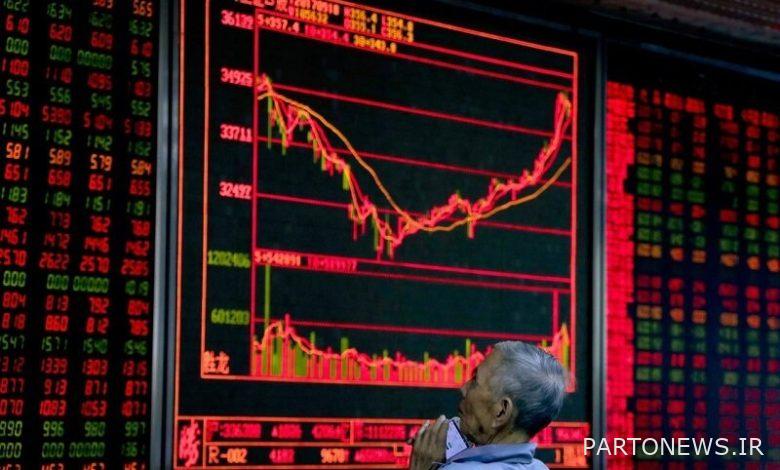Why did stock prices fall in Asia?

Shares in Asia fell as US oil reserves plummeted and China reported weak production data and uncertainty over the Ukraine war, according to Trade News.
Four US sources say the United States plans to release 180 million barrels of oil from strategic reserves in the next few months. The White House is working to reduce fuel prices, which have risen since Russia’s invasion of Ukraine late last month.
Crude futures fell 9.4 percent to $ 107.89 a barrel at noon on Thursday. US crude fell 5 percent to $ 101.37. Falling oil prices boosted US and European stock markets. European futures were up 0.49%, Germany DAX was up 0.61%, Nasdaq was up 0.4% and S&P500 was up 0.15%.
Asian stock market situation
But the Asian stock market did not experience such a situation. The data show that China’s manufacturing and services sectors entered a negative period in March. MSCI, the largest Asia-Pacific stock index outside Japan, fell 0.56 percent. Hong Kong’s Hong Kong index fell 1 percent and China’s blue chips fell 0.77 percent.
Quoted from ReutersThis sharp decline was largely due to the increasing prevalence of omicrons and related strict measures in large cities. The financial pressures this creates for companies and households mean that investors can expect more financial support measures.
As Russia moves away from Kiev in the past 24 hours, markets have reacted positively to the events in Ukraine, but nothing is certain yet. Inflation continues to put pressure on governments and central banks around the world. In Germany on Wednesday, with a inflation rate of 7.6 percent, for the first time since 2014, 2-year bond yields entered a positive range.

